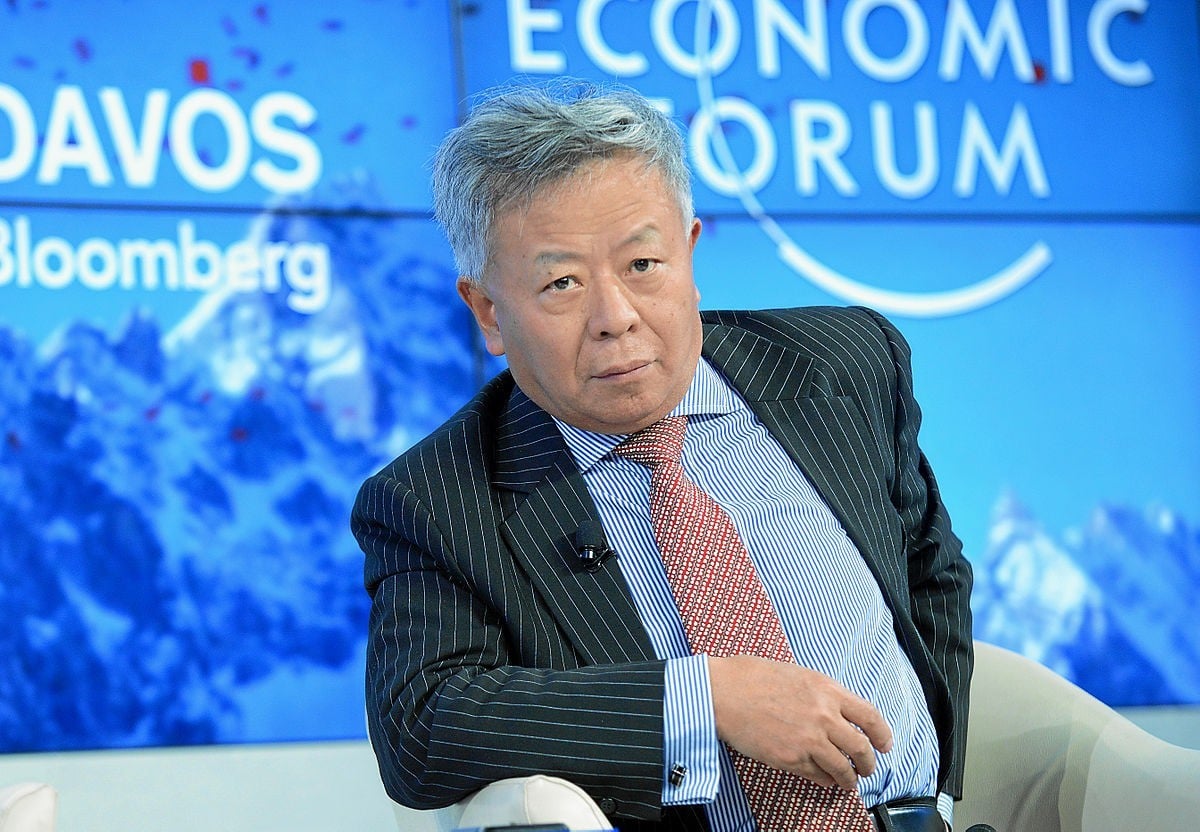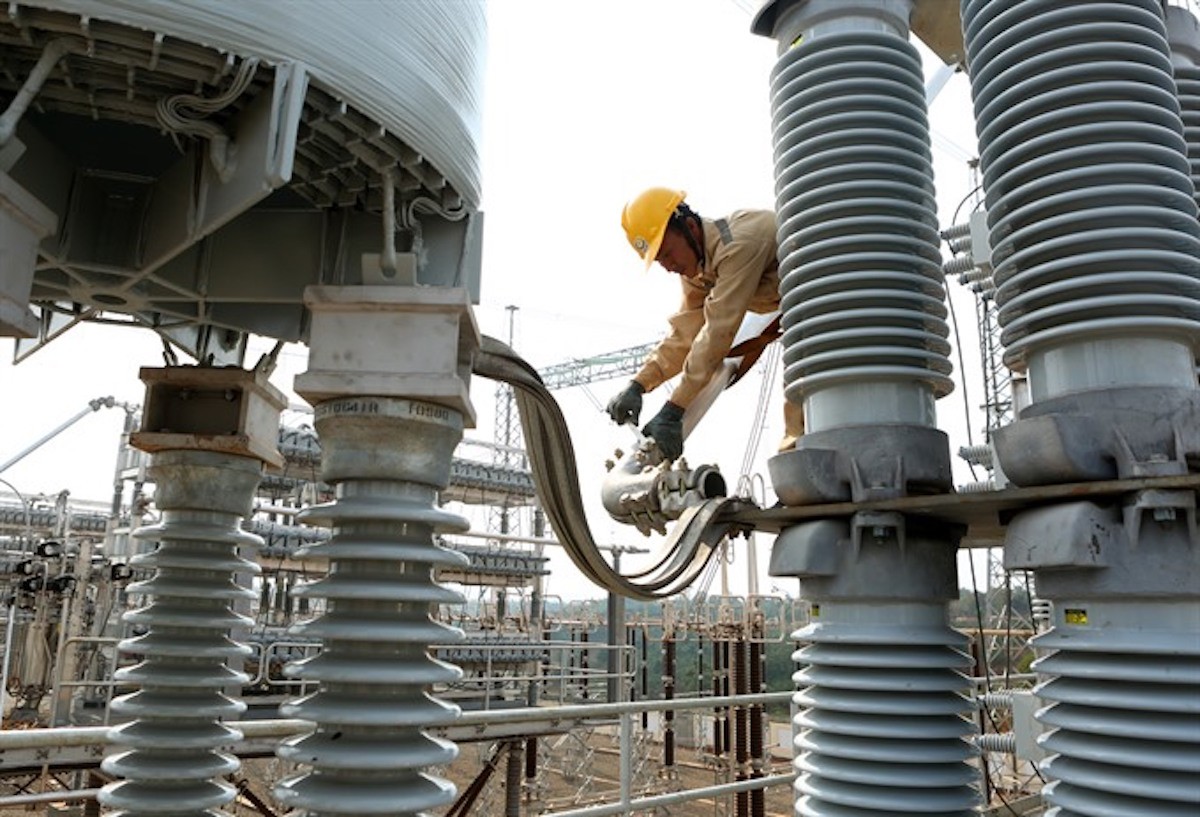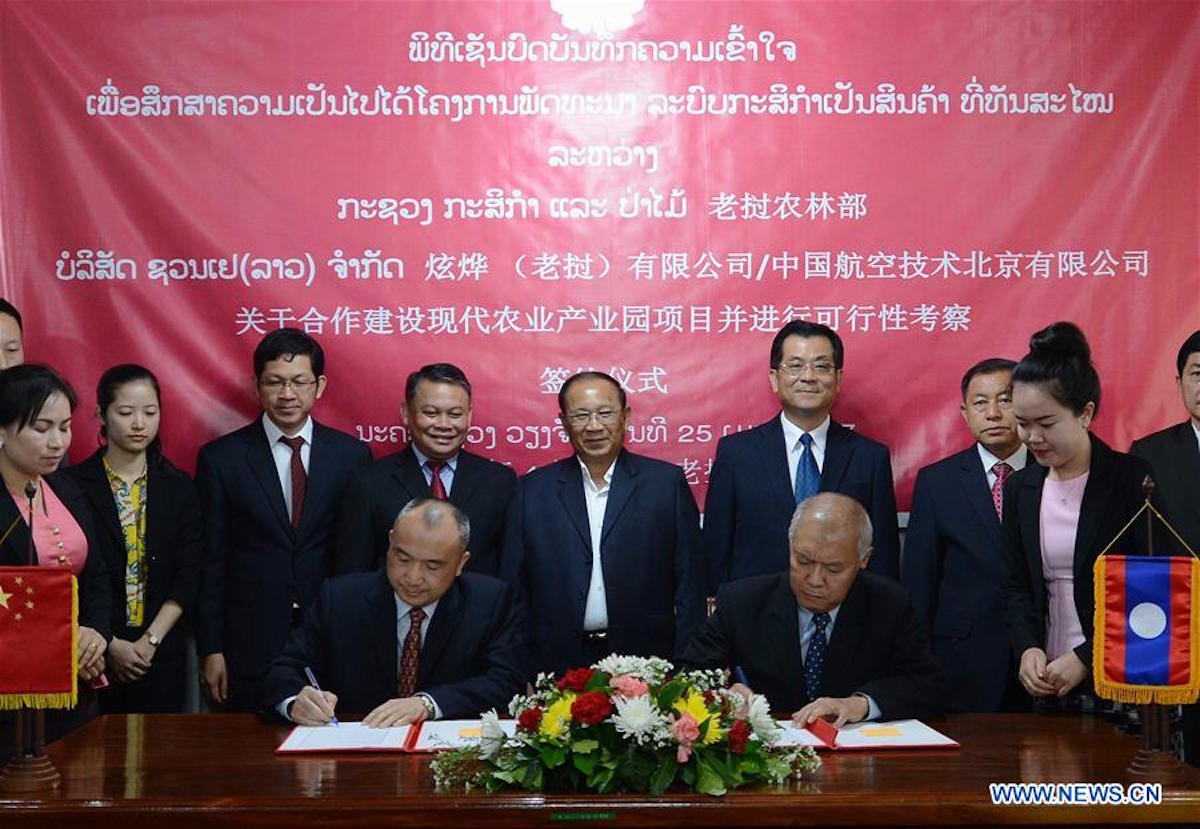Jin Liqun, the president of the Asian Infrastructure Investment Bank, was in Washington, D.C., this week, on a myth-busting mission, aiming to set the record straight about his institution. The leader of the newest multilateral development bank sought to debunk what he said were misconceptions about the bank’s priorities, operations and politics.
The AIIB wants to partner — not compete — with the United States, he told an audience at The Atlantic Council in Washington, D.C., on Monday. Jin said he has been reaching out to U.S. officials for the past several years, and wants to help people in Washington, D.C., better understand what the AIIB is, and what it does.
“When people have deep-seated prejudices or suspicions it’s very, very hard to have this go away,” he said.
He addressed specific concerns about the Beijing-based bank’s relationship with China, the institution’s host country and largest founding member with a 30 percent equity stake. Jin said the AIIB is not a Chinese bank, but does draw on China’s experience — particularly from the massive infrastructure investments the country has made in recent decades with help from multilateral institutions. That development has helped fuel rapid economic growth and poverty reduction.
Jin responded to critics who have asked whether the new bank was necessary, and laid out how it would be different than the established MDBs. The AIIB is not an attempt to undermine U.S. or Japanese-led banks, he said.
Peppering his remarks with references to everything from Jane Austen’s Mansfield Park to the movie The Last Emperor, he also addressed previous allegations of lax environmental safeguards, projects’ contributions to global warming and human rights violations, saying each concern was unfounded.
The bank’s expansion is a vote of confidence in the early operations of the bank, Jin said. Some countries had worried about the bank’s governance and standards, and how this could impact their reputations, he said. “Credibility has to be earned through not what you’re talking about, but what you do, by your performance,” Jin said.
Whether the U.S. chooses to become a member or not, the AIIB should be a “platform for cooperation” for the U.S. and China, he suggested. Already, the AIIB is working with U.S. financial institutions, manufacturers, law firms and consulting firms. The bank’s chief counsel, who drafted the articles of agreement is an American woman, he said, “because we go by international best standards,” he said.
Jin touted two of the bank’s primary features as evidence it is intent on upholding the highest standards: Universal recruitment and universal procurement. These policies allow the bank to hire staff and services from people and companies anywhere in the world.
“We’re lean, clean and green, but not mean,” Jin said.
The bank also promotes a green economy, he said. That will involve investing in renewables such as wind farms, solar or thermal projects, as well as helping countries improve power grids and transmission systems to promote more efficient distribution, Jin said.
He said the bank is focused on keeping costs low. The institution is evolving and learning from existing institutions such as the World Bank, the Asian Development Bank, and the European Bank for Reconstruction and Development. The AIIB has signed a number of cooperation agreements with other MDBs. And of the bank’s nearly $2 billion in projects financed in its first year in operation, about 75 percent have been co-financed with other banks.
“There is no competition, we only enjoy cooperation,” he said.





